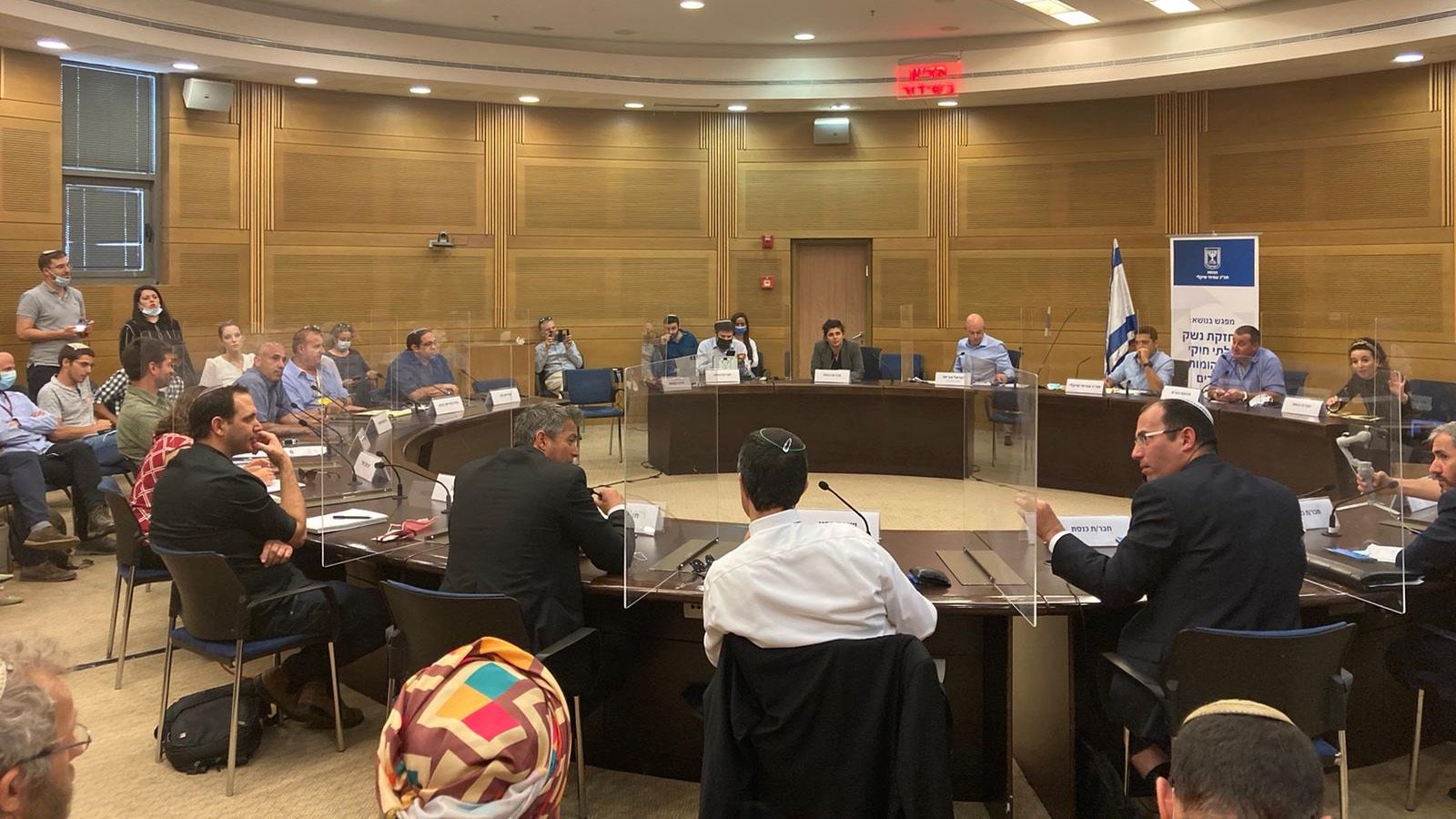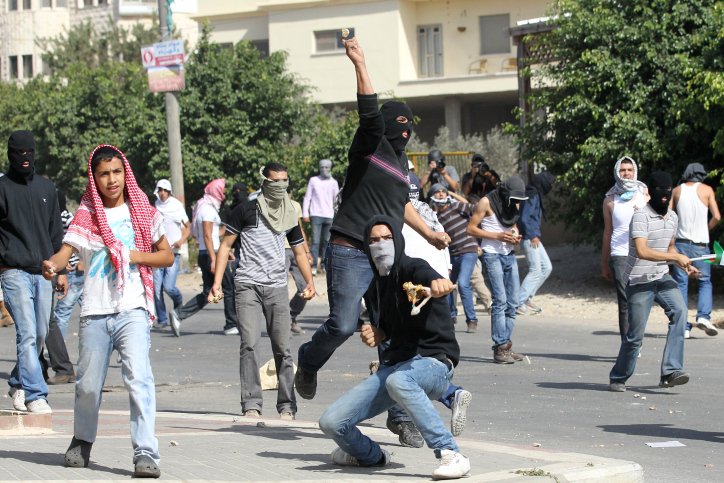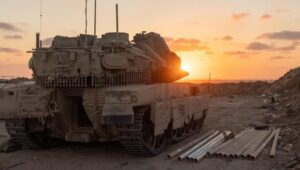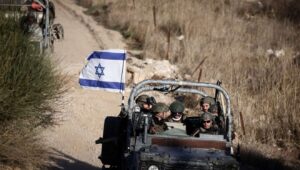A special conference was held at the Knesset last Thursday (May 27) to discuss illegal firearms in Israel and the latest developments surrounding the recent riots that broke out in the country’s mixed Jewish-Arab cities.
Organized by MK Amichai Chikli (Yamina), the conference’s purpose was to practically address a longstanding problem in Israel—the possession of illegal firearms. The event’s itinerary also included discussing and hearing from the public on the interrelated violence that erupted in mixed cities such as Lod, Jaffa and Acre.
During the 11-day Operation Guardian of the Walls, Israelis from the southern cities of Sderot and Ashkelon and extending up to Tel Aviv and the Sharon region were bombarded with relentless barrages of rockets and missiles fired by Hamas and the Islamic Jihad from the Gaza Strip. As if spending about a week straight in and out of bomb shelters was not enough, Jewish-Arab violence broke out in the country’s mixed cities during this period, imposing an unusually heavy burden on Israel’s security forces.
Innocent Jewish and Arab bystanders were intentionally targeted and attacked by Arab and Jewish mobs, respectively. Cars, homes and even synagogues were torched and set ablaze, people were brutally beaten on the street, and businesses were vandalized and looted. These were intense days in which both Jewish and Arab families feared traversing the streets of their own neighborhood after dusk. This level of Jewish-Arab violence inside Israel is unprecedented and has been a rare sight since independence in 1948.
Lack of gun control
Readily available for this wave of violence were large amounts of unregistered firearms. This phenomenon has been highly prevalent in Israel’s Arab communities, especially in areas where organized crime is prominent. Thus, after initial violence appeared in Lod—a city with a significant presence of Jewish and Arab gangs—it was unfortunately not surprising to many when automatic weapons were seen fired in residential streets. The neighborhoods that Lod’s residents called home quickly became war zones and Israel’s police force was unable to bring the situation under control.

Chikli’s idea to hold a special conference to address these pressing issues at the Knesset and inviting citizens to share their traumatic experiences was bold and necessary. It shows that our elected officials are indeed aware of public needs and are serious about finding ways to alleviate problems in Israeli society. Furthermore, it highlights the sincere concerns of elected officials for hearing public voices and listening to the feelings and experiences of those who are actually coping face-to-face with the issues at hand.
Miss opportunity
However, in the end, this conference was a missed opportunity for having much greater impact on addressing Jewish-Arab tensions that were not born with the breakout of the riots, but have existed under the surface for decades.
There was a serious lack of representation. Not a single Arab was present at the conference and the only MKs who participated were from right-wing Jewish parties. The citizens that were invited to speak from Lod and Jaffa were religious Jews. Don’t get me wrong, their painful stories were absolutely important to hear and ponder. It is true and certainly frightening that Jewish people have been targeted and attacked based on having a distinctly religious Jewish “look” (wearing a kippa, having a beard, clothes, etc.), reminding us of horrific periods faced by the Jewish people in the Diaspora. Moreover, how tragic was it to hear a Jewish woman from Lod describe with a trembling voice how her neighbors, with whom she always had friendly relations, suddenly turned into her enemies overnight.
However, Arab Israelis were also attacked by Jewish mobs in these same cities. An Arab man was violently beaten by a group of Jewish people on the border of Bat Yam and Jaffa, simply for being Arab. Specifically in Jaffa, while my wife and I feared going outside after dark fearing being attacked by Arabs for being Jewish, I personally know Arab families who remained in their home because of the same fear after hearing of extremist Jewish groups planning to come to Jaffa to attack Arabs.
Just imagine how powerful it would have been for Arabs and Jews who may live only a kilometer or two away from one another, but who may never have met face to face in any other circumstance, to hear each other’s stories and experiences. To receive a brief taste of what each respective community went through during those unusually fearful days.
We need to at least give Arabs and Jews the chance to come to a mutual understanding of one another, especially at the Knesset, Israel’s national parliament that was built to serve all of its citizens. Only then will the problems between our communities began to receive their proper treatment.















